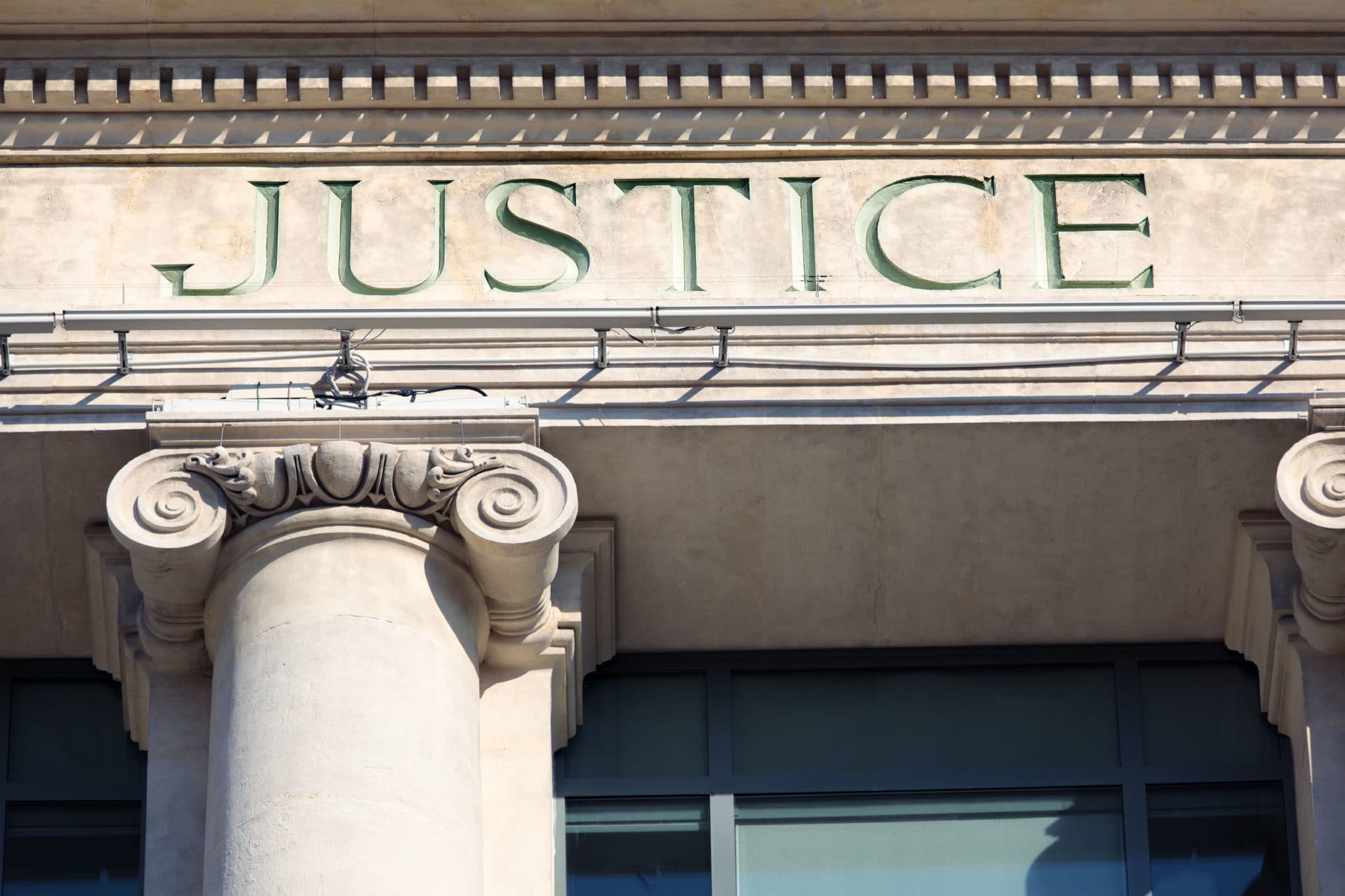When Can Trespassing Land You Felony Charges in IL?
“No Trespassing” signs are everywhere. The frequency with which people see them may mean people don’t take them as seriously as they should. Still, trespassing is a serious crime.
In fact, in Illinois, there are some scenarios where trespassing can result in felony charges. Here’s what you need to know.
What Is Trespassing in Illinois?
In Illinois, there are two types of trespassing: criminal and civil. In a situation involving civil trespass, a person may refuse to leave a place they are not legally allowed to be. A great example is staying in an apartment after failing to pay rent.
Criminal trespass, on the other hand, is more serious. It involves situations such as:
- Entering a property where there are “no trespassing” signs clearly posted
- Being on or using a boat, plane, vehicle, or snowmobile without the owner’s permission
- Entering a building without permission
- Using false documents to gain permission from an owner to remain in or enter a building
- Refusing to leave someone’s property after being asked by the owner to leave
Charges for Illinois Trespassers
In most cases, criminal trespass is prosecuted as a Class A or Class B misdemeanor. It may be charged as a Class 3 or Class 4 felony in some situations, though. See a rundown of the most common charges and their associated penalties below.
Vehicle Trespass
If you trespass on a person’s vehicle, then you can be charged with a Class A misdemeanor. This is punishable by up to 12 months in jail and potential fines reaching $2,500.
Residence Trespass
Trespassing into someone’s residence is normally a Class A misdemeanor, punishable by up to 12 months in jail and fines to $2,500.
However, if a person knowingly trespasses into a residence where they know people are present, then it can be charged as a Class 4 felony. Class 4 felony convictions can result in up to three years in prison and fines of $25,000.
Real Property Trespass
In most cases, real property trespass crimes are charged as a Class B misdemeanor. This can be punished by up to six months in jail and a potential fine of $1,500.
It can be charged as a Class A misdemeanor when you trespass on lands that are used for growing crops or drive a vehicle onto lands that grow crops. Class A misdemeanors are punishable by up to 12 months in jail and fines to $2,500.
State-Owned or Restricted Property Trespass
It should be noted that if you trespass on state-owned land, public places such a sports arenas, or nuclear facilities, then you can be charged with a Class 4 felony as well. That can result in up to three-year imprisonment and fines of $25,000.
Also, trespassing onto restricted areas at airports can result in Class 3 felony charges, punishable by up to five years imprisonment and a fine of $25,000.
Defenses to Illinois Criminal Trespass

In order to be found guilty in court for criminal trespass, prosecutors must be able to prove that the person being charged with the crime knew that they were not allowed to enter the property they are being accused of trespassing on.
It is accepted that written notices, court orders, or oral warnings are enough to be a valid notice that the property should not be entered. If this cannot be proven, then the case likely will not proceed.
About the Author:
Andrew M. Weisberg is a former felony prosecutor who now serves as a defense attorney in the greater Chicago area. He has extensive experience in handling all types of criminal cases, from sex offenses and domestic violence to retail theft-related crimes, murder, and drug crimes. His work has been recognized by Avvo, Expertise, National Trial Lawyers, and others, and he has been featured on countless news outlets for his experience and knowledge in criminal law.







 Blog Home
Blog Home 










